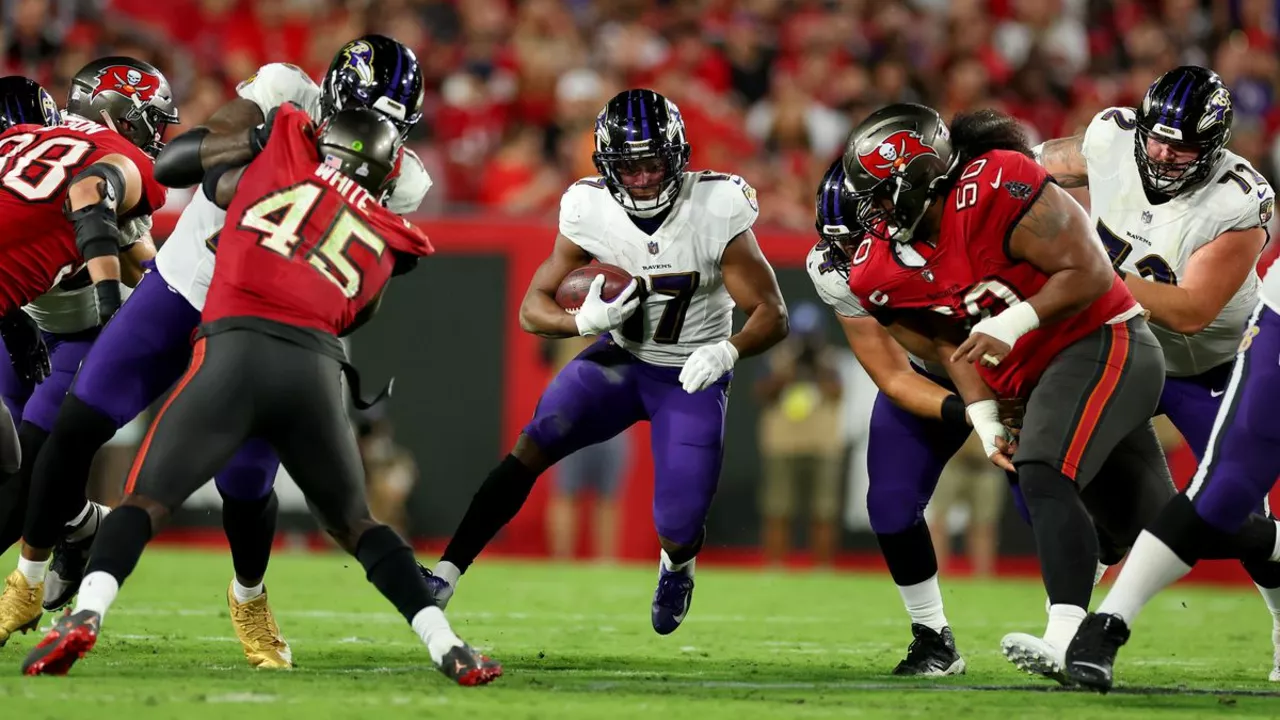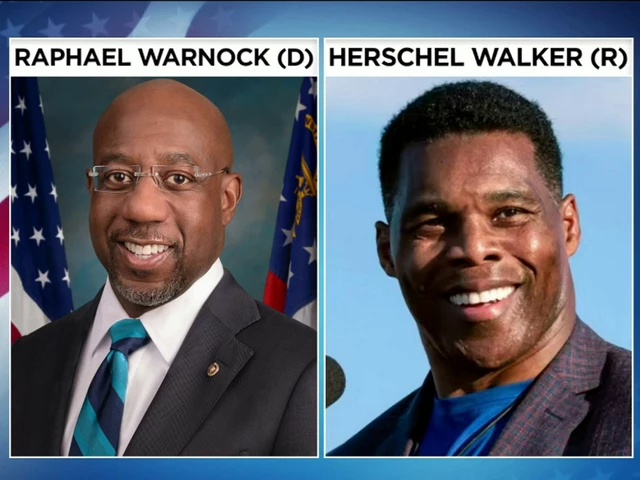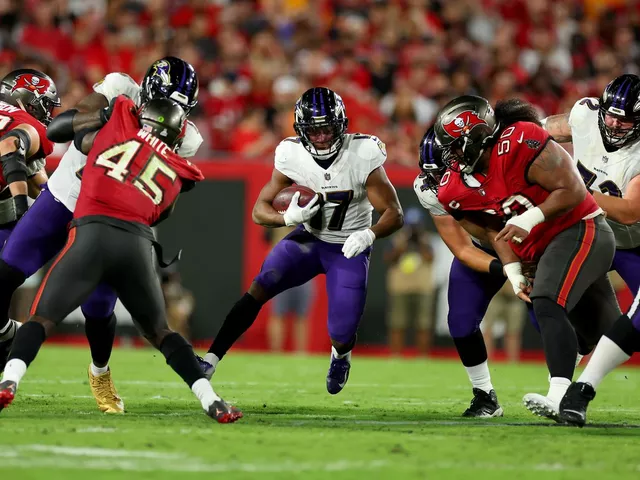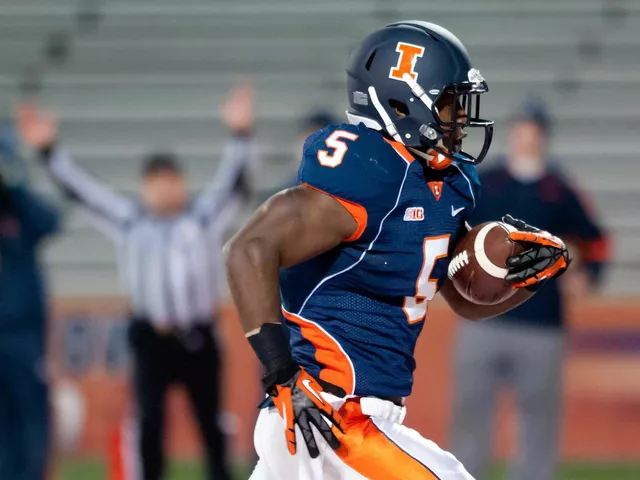
Sports Integrity: Why Fair Play Matters in Every Game
When you watch a game, you want the outcome to be decided by skill, not cheating. That feeling is what sports integrity is all about—making sure every play, score, and decision stays true to the rules and spirit of the sport. Without it, fans lose trust, sponsors walk away, and athletes miss the chance to earn genuine respect.
What Is Sports Integrity?
Sports integrity means the whole ecosystem – players, coaches, officials, and even leagues – commits to honesty and fairness. It covers everything from doping tests and match‑fixing bans to transparent officiating and clear rule enforcement. Think of it as the invisible handshake that says, “We’re all playing by the same book.” When that handshake breaks, scandals pop up, and the whole community feels the fallout.
Take doping, for example. A player who uses banned substances may win a championship, but the victory feels hollow once the cheat is exposed. Fans rewind the game, point out the scandal, and the athlete’s name gets dragged through the mud. The same goes for match‑fixing. If a referee is paid to favor a team, every pass, every goal, every crowd cheer becomes suspect.
Integrity also means having clear, enforceable rules. When the NFL updates its concussion protocol or the NBA tightens its anti‑drugs policy, they’re protecting the game’s credibility. Consistency matters – if one team gets a lighter punishment for the same offense, fans will start asking, “Is this even a fair league?”
How Fans Can Support Sports Integrity
Fans have more power than they think. First, stay informed. Follow official league statements and reputable news instead of rumors. If you hear about a possible scandal, check reliable sources before sharing. Spreading false info can damage a sport’s reputation just as badly as cheating does.
Second, show up for clean competition. Attend games, buy tickets, and watch broadcasts that respect the rules. Sponsors notice where the money flows; they’re likelier to back leagues that champion honesty. Your wallet is a vote for integrity.
Third, speak up when something feels off. Many leagues have tip lines or online forms for reporting suspicious activity. Whether it's a weird betting pattern or a player acting unusually, your tip could spark an investigation that saves the sport.
Lastly, celebrate athletes who play clean. When a player earns a record without controversy, share that story. Positive reinforcement tells everyone that integrity pays off, not just trophies but lasting respect.
In the end, sports integrity isn’t a one‑time rule; it’s a daily habit for everyone involved. Players train hard, officials enforce the play, leagues set the standards, and fans hold it all together by demanding honesty. When each part does its job, the game stays exciting, the competition stays real, and the community stays proud.
So next time you grab a snack and settle in for a match, remember the unseen work that keeps that scoreboard trustworthy. Enjoy the game, but also keep an eye on the fairness behind it. After all, the best victories are the ones earned with clean hands.
-
25 Jul



